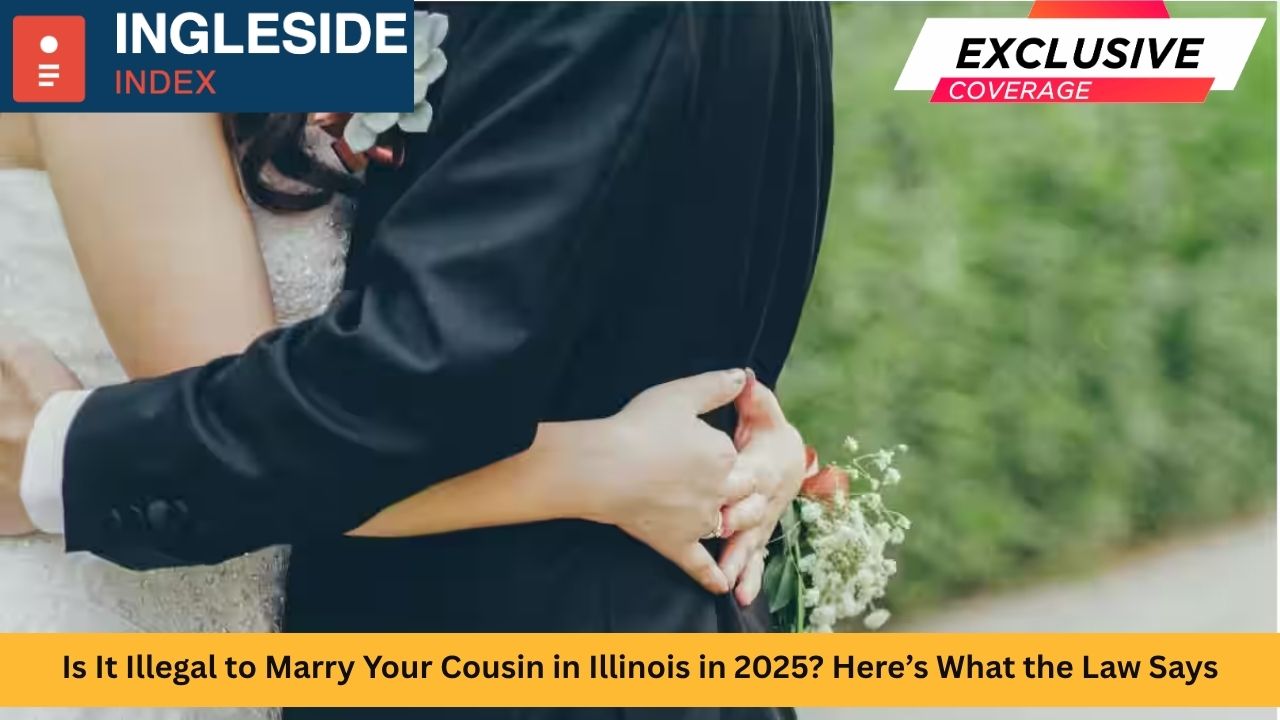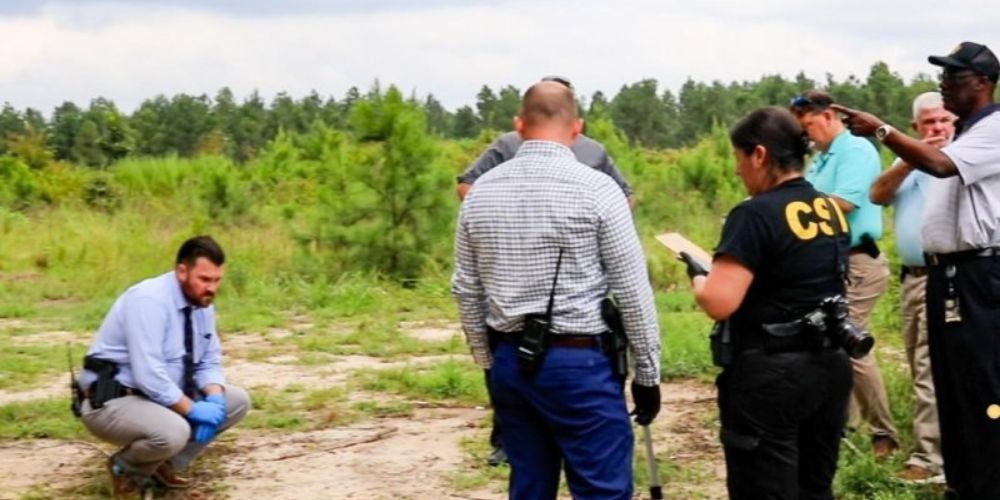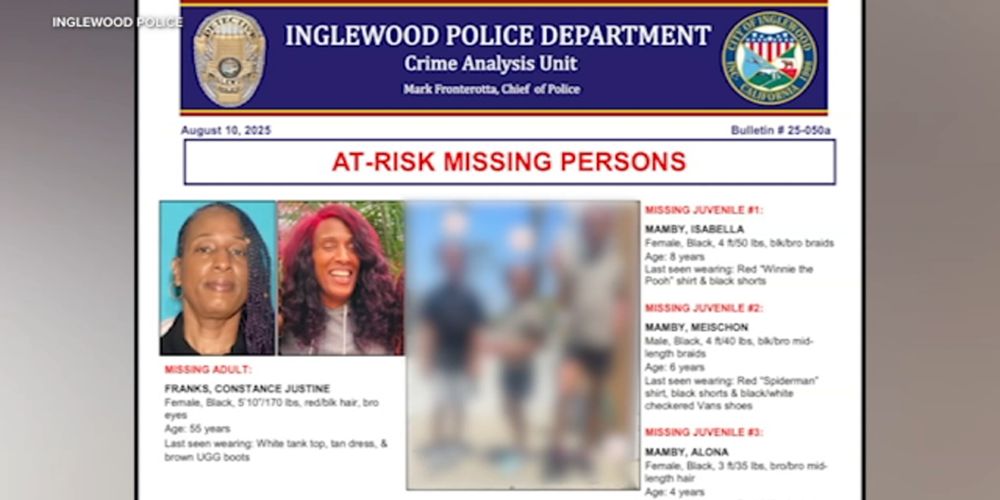Marriage between cousins has sparked debate for generations in the United States. While some cultures and regions have historically welcomed it, others attached stigma and suspicion, often rooted in fears about genetics and tradition. Today, whether you can legally marry your cousin depends heavily on local state law—not federal mandates. As attitudes and laws shift over time, it’s important to understand where Illinois stands in 2025 and how its rules compare to the rest of the country.
The Legal Landscape for Cousin Marriage in America
Across the U.S., laws on cousin marriage vary dramatically. Some states have outright bans, others allow first-cousin marriages with restrictions, and many distinguish between first cousins and more distant relatives. By 2025, roughly half of the states prohibit first-cousin marriages outright, while others permit them only under specific circumstances.
In the Midwest, differences emerge: places like Missouri and Michigan have strict prohibitions, while states such as Indiana and Illinois offer narrow exceptions. Travel to the western United States and you’ll find a patchwork—Arizona and Utah allow first-cousin marriage but only with additional requirements, like age or infertility. In the southern states, attitudes can swing based on history and local culture.
Illinois Marriage Law: The Basics
Illinois is home to world-renowned cities like Chicago, Springfield, Peoria, Aurora, and Rockford. But no matter where you are in the Land of Lincoln, marriage laws on cousins remain consistent under state statute.
In Illinois, the law is very clear: marriage between first cousins is generally not permitted. However, there are two specific exceptions:
-
Both parties must be 50 years of age or older, or
-
Either party is permanently and irreversibly sterile, as proven by certification from a licensed physician
If neither of these conditions is met, a marriage between first cousins cannot be legally recognized in Illinois. These rules apply equally in metropolises such as Chicago and smaller towns like Carbondale, Bloomington, or Decatur.
Illinois Statute: The Core Legal Text
The restrictions on cousin marriage are spelled out in Section 750 ILCS 5/212 of the Illinois Marriage and Dissolution of Marriage Act. Here’s what the law mandates:
-
First cousins cannot marry unless both are at least 50 or one is permanently sterile.
-
For sterility, a certificate from a licensed physician must be provided at the time of applying for the marriage license.
Meanwhile, there are no legal bans on marriages between second cousins or more distantly related individuals. If your cousin relationship is beyond the first degree, you are free to marry anywhere in Illinois, whether it’s Joliet or Evanston.
Frequently Asked Questions on Cousin Marriage in Illinois
What is Considered a First Cousin?
A first cousin is the child of your parent’s sibling. Any marriage closer than that—such as siblings, parent/child, uncle/niece, or aunt/nephew—is strictly forbidden under Illinois law. For those relationships, marriage is considered incest and is a criminal offense. The law leaves no ambiguity in cities like Naperville or Urbana.
What About Second Cousins or Further?
The statute targets only first cousins. Marriages between second cousins (the children of your parent’s cousins) or beyond are not regulated and are completely legal. That means if you are related through more distant kin, you can marry without age or sterility restrictions.
What About Marriages Performed in Other States or Countries?
If an Illinois resident marries their first cousin in a state or country where such marriages face no restrictions, can they move to Illinois and have the marriage recognized? The answer is no. Illinois will not recognize a first-cousin marriage that doesn’t meet its age or sterility requirements—regardless of where the ceremony took place. So, even if a couple gets married in Wisconsin or California, their marriage won’t be valid in Illinois unless Illinois law would have permitted them to wed.
Does the Law Apply to Same-Sex Cousin Couples?
Yes. After the statewide legalization of same-sex marriage, Illinois applies the same cousin marriage rules to both opposite-sex and same-sex couples. Both partners must be over 50 or one must be irreversibly sterile, regardless of gender.
Historical Context for Cousin Marriage Rules
The movement to limit or prohibit cousin marriage in the United States began in the nineteenth century, driven by shifting social norms, growing awareness of genetics, and changing attitudes about family. In Illinois, the first laws against cousin marriage appeared after the Civil War, part of a national trend meant to shape family structure and perceived morality.
Prior to modern transportation and smaller family sizes, cousin marriage was more common, especially in rural areas or developing cities like Springfield in the late 1800s, where families often lived in close proximity. As transportation improved and people began moving to cities such as Chicago and Rockford, marrying outside the family became more practical and culturally encouraged.
Though medical research now shows the risk of serious birth defects for first-cousin offspring is lower than once estimated, old fears linger in the law and public perception. Illinois, like many states, retains restrictions dating back more than a century.
Stats and National Comparison
-
As of 2025, first-cousin marriage is outright illegal in 24 states.
-
Eighteen states have no restrictions, and eight—including Illinois—allow only restricted cousin marriages based on age or physical condition.
-
In major Illinois cities like Chicago, over 20,000 marriages occur each year, but first-cousin marriages are exceedingly rare statewide.
-
According to national demographic data, cousin marriages account for fewer than 1 in 10,000 weddings in the U.S.
-
States like California, New York, and Vermont allow first cousins to marry freely, while others, such as Kansas and Kentucky, ban it entirely.
Why These Restrictions Exist
The ideas behind banning cousin marriage were historically tied to concerns over genetic disorders, maintaining family structure, and preventing powerful family alliances. While modern science offers more nuanced perspectives—highlighting that the increased risk of birth defects among first-cousin offspring is lower than popularly believed—the laws have largely remained unchanged.
Today, the conversation has shifted toward personal autonomy, cultural practice, and scientific fact. However, in Illinois and several other states, the historical legacy of these bans persists.
Real-World Scenarios
Example One: Two 45-Year-Old First Cousins
If two first cousins—let’s call them Emily from Aurora and Jason from Peoria—want to get married and neither is permanently sterile, they cannot legally marry in Illinois because both are under 50 and do not meet the sterility exception.
Example Two: First Cousins Over 50
Suppose Margaret from Springfield and Greg from Rockford are first cousins and both aged 56. They are legally permitted to marry in Illinois. They will simply need to present proof of age when applying for their marriage license.
Example Three: First Cousin with Sterility Certificate
Picture Alex from Chicago, age 35, and his cousin Taylor, age 32, who has been diagnosed as permanently and irreversibly sterile due to a medical condition. If Taylor obtains a certification from a board-certified physician and submits it during the marriage license application, the couple can legally marry in Illinois.
Example Four: Marriage From Out of State
Let’s say Lisa from Joliet and her first cousin marry in Michigan, where first-cousin marriage has different rules. If they move to Illinois, their marriage will not be recognized unless they would have qualified under Illinois law at the time of their wedding.
Cultural Perspectives in Illinois
Illinois is a diverse state with communities from all over the world—each bringing its own traditions and expectations regarding marriage and family. In many immigrant communities in Chicago, cousin marriage may be a cultural norm. The law, however, treats everyone the same regardless of background.
Despite legal barriers, some Illinois families persist in advocating for change, seeing cousin marriage as a matter of personal choice and cultural heritage. Cities like Schaumburg and Cicero have seen community groups form to improve understanding of these laws.
Critical Steps If You Are Considering Cousin Marriage in Illinois
If you are thinking about marrying your first cousin in Illinois, here are practical tips to navigate the process:
-
Verify age: Both must be at least 50 or plan to provide evidence of permanent sterility.
-
Consult a physician: For sterility-based exceptions, a doctor’s certification is essential and must be presented at the time of application.
-
Check residency: Illinois applies its law regardless of county, whether in rural Williamson County or urban Cook County.
-
File documents: Complete all paperwork thoroughly at your local county clerk’s office, such as those in Chicago, Decatur, or Springfield.
-
Consult an attorney if needed: If your circumstances are complex—such as international marriages or questions about recognition—seek experienced legal advice.
Common Misconceptions About Cousin Marriage in Illinois
Misconception: All Cousin Marriages Are Illegal
Only first-cousin marriages face restrictions. Marriages involving more distant cousins, such as second cousins, are perfectly legal everywhere in the state.
Misconception: The Rules Are Looser in Some Counties
Illinois wedding statutes apply uniformly across Chicago, Urbana-Champaign, Rockford, and every rural area. Local city or county officials cannot make exceptions.
Misconception: Same-Sex Couples Face Different Rules
Same-sex couples are subject to exactly the same cousin marriage regulations as opposite-sex couples—no more, no less.
How Illinois Compares to Neighbor States
Illinois’ cousin marriage laws are more restrictive than some states but less so than others. For example, Indiana allows first-cousin marriage only if both parties are 65 or older. Missouri prohibits first-cousin marriage outright. Wisconsin permits such marriages only if both cousins are at least 55 or one is infertile. Head southeast to Kentucky and you’ll find a ban on both first and second-cousin marriages.
On the other hand, out west in California, first-cousin marriages face no such hurdles.
Recent Legislative Movement
Illinois has not seen major legislative moves to adjust cousin marriage laws in recent years. Proposals to modernize statutes tend to stall due to the issue’s sensitive and often controversial nature. Community groups and advocacy organizations periodically urge officials in Chicago and Springfield to revisit the restrictions, but as of 2025, the law remains unchanged.
International Perspectives
Marrying one’s cousin is far more common in certain parts of the world. In the Middle East and South Asia, cousin marriage accounts for a significant minority of all unions. Global migration has brought these traditions to multi-ethnic communities in Illinois cities. The law, however, remains firmly centered on Illinois values and standards, applying equally to everyone within state lines.
The Bottom Line
If you wish to marry your first cousin and reside in Illinois, you must meet specific requirements: both parties must be age 50 or older, or one party must be sterile—with proof. Second cousins and beyond face no legal restrictions on marriage. These rules apply in all cities and counties across Illinois, from the heart of Chicago to the most rural farm towns. Marriages outside these guidelines will not be recognized by the state.
Illinois’ laws may be strict by some standards and lenient by others, but one thing is clear: anyone considering cousin marriage in Illinois in 2025 must be fully aware of the law, the requirements, and the consequences before making a lifelong commitment.
Key Takeaways for Illinois Residents
-
First-cousin marriage is only permitted if both are at least 50 or one is permanently and irreversibly sterile.
-
The law applies statewide, from Chicago to Carbondale.
-
Marriages between second cousins or further are legal everywhere in Illinois.
-
Same-sex cousin couples face identical rules as opposite-sex couples.
-
Marriages performed out of state or country must meet Illinois requirements to be recognized.
-
Understanding the law is critical for cultural, legal, and personal reasons.
Whether you live in bustling Chicago or peaceful Peoria, being informed is the first step if you’re considering marriage with your cousin in Illinois.











Leave a Comment